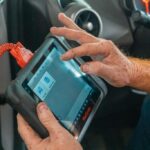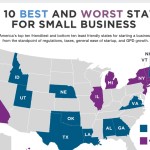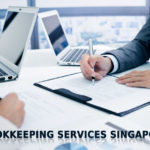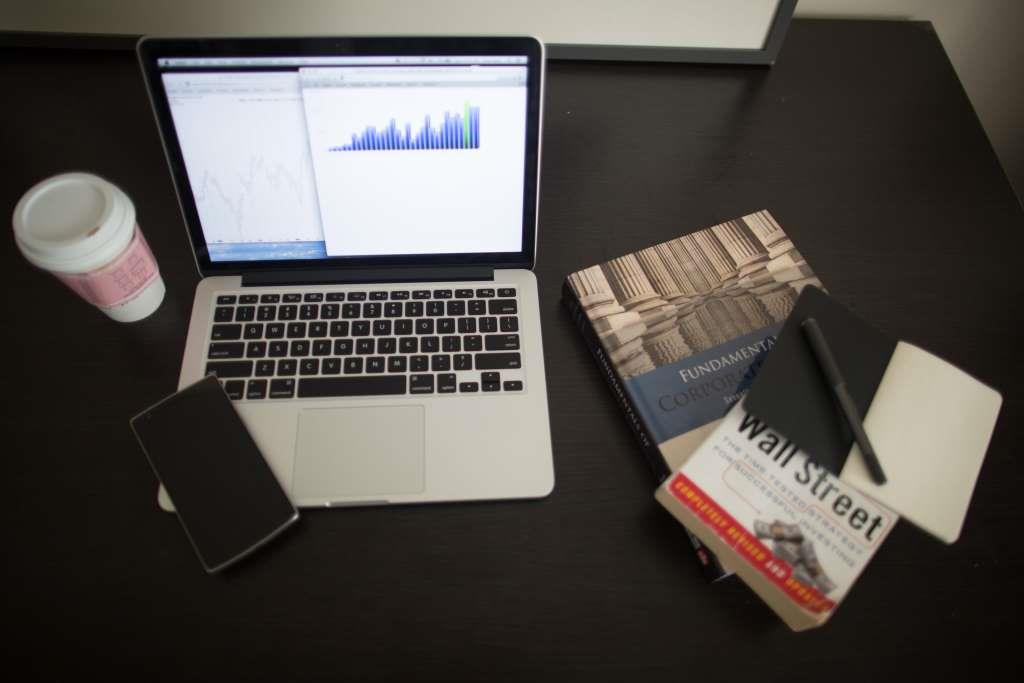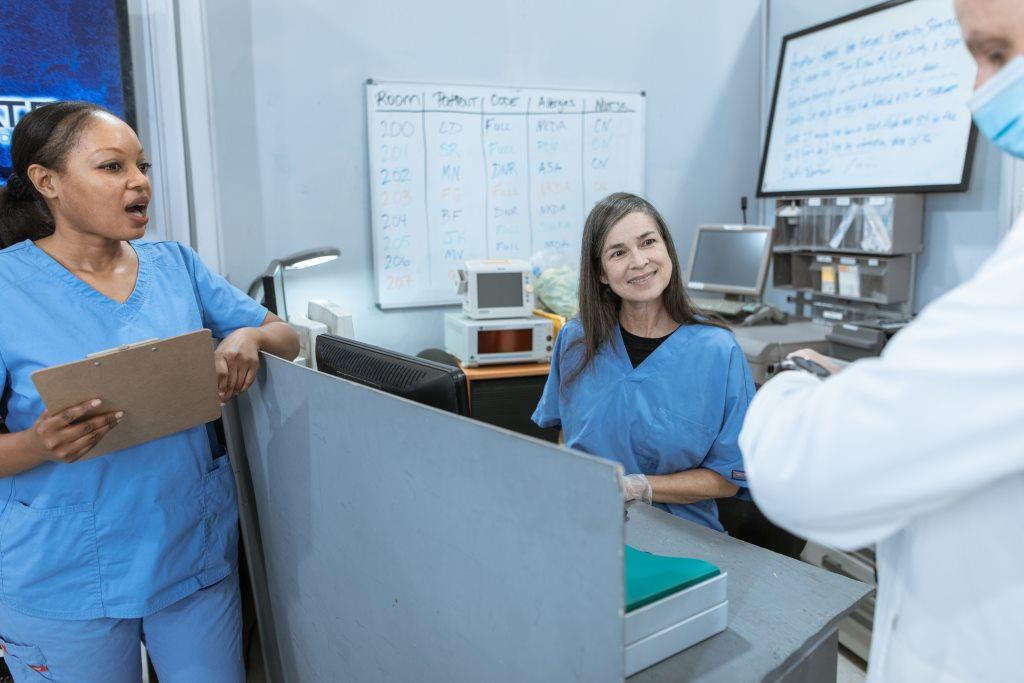
Being self-employed could be a great thing if you are able to take care of your financial responsibilities. One part of that is to be in control of your expenses and taxes but how do you make sure you are paying the right taxes? If you are including the proper claims in your tax filings? Keep on reading for some great tips.
Allowable Expenses – what you should know
Simply put, you cannot extract all of your self-employed expenses because HMRC have rules in place that make it clear what you can and cannot include.
Through making it clear what allowable expenses you can claim for, HMRC have explained that you can only deduct expenses that are related to your business. To pay the right amount of tax, you will need to understand what you can claim for while also accurately calculating your profit.
What is allowed?
Business stationery, postage and printing costs can be included along with equipment such as computers, software and printers. There may be a requirement to claim these as capital allowances.
Any costs associated with cars or vans can be claimed for. This includes insurance, repairs, servicing and insurance to name but a few. The government provides a flat rate which can make it easier to calculate. You can also claim for business travel such as plane fares or train tickets along with food and accommodation
It is also possible to claim expenses associated with rent on business premises, maintenance, repairs, bills, insurance and security. If you are based at home, then you can claim for some of your utility bills but this would have to be calculated so that you only pay for the proportion of it that is used for business purposes. Again, the government provides a flat monthly rate for those who work for more than 25 hours at home.
When it comes to stock and materials, you are allowed to include the cost of stock as well as raw materials while any direct costs associated with producing goods can also be included.
If you pay any legal or financial costs associated with hiring professionals such as solicitors, chartered accountants or surveyors, as long as they are used for business reasons you can include them in your claim. Any charges that may arise from overdraft or credit card charges, interest on any loans, interest on hire purchase and leasing payments as well as bank charges can be claimed. However, if you are using cash basis accounting it is only possible to claim for up to £500 worth of interest and bank charges.
Business insurance is critical but if your business pays for public liability insurance or professional indemnity insurance then they too can be included.
Any form of marketing such as newspaper advertising, website costs, mailshots, directory listings or free samples can also be added to your claim.
The cost of uniform, protective clothing that is necessary and costumes for actors are all claimable but this does not include everyday clothing that may be worn to work.
Any costs associated with employees and staff are allowable expenses. Pension contributions, benefits, agency fees, bonuses and employer national insurance contributions are also allowed.
Finally, if you are a member of any trade bodies or professional organisations then you can claim for these costs providing they are relevant to the business.
Peter Scully
Latest posts by Peter Scully (see all)
- The Importance of Psychology in Packaging - October 1, 2020
- How vape and e-cigarette branding and packaging has evolved around the world - December 4, 2019
- How offline and online marketing can worth together to increase brand awareness - June 23, 2019





